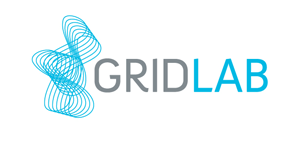GridLab GmbH
GridLab, the European Training and Research Centre for Power Systems Security, was created in 2010 as a spin-off of the System Management and Grid Analysis department of transmission system operator 50Hertz. Its service portfolio includes dispatcher training, simulations, seminars, technical assessments and grid and system studies and analyses.
Short description of the project contribution
Studying regional ancillary service market mechanisms in a 10-year-ahead scenario
(on behalf of the University of Leipzig)
GridLab uses the SCADA-based grid simulator it operates for dispatcher training to dynamically visualise critical grid states and the effect of altered regulatory conditions on their characterisation in realistic conditions for the purposes of the showcase method of the WindNODE project. In addition, the market-based measures developed in the scope of the project are evaluated in terms of their practicability to provide ancillary services (AS), and optimisation algorithms for system support are assessed.
In the SCADA-based dispatcher training grid simulator of GridLab, a 10-years-ahead scenario is implemented for the 50Hertz control area (step 1), taking into consideration certain downstream grid structures (step 2). In the third step, the regional AS market mechanisms developed by the University of Leipzig are implemented, which should then have an operational application in the scope of dispatcher test training as a fourth step. Particular focus lies on the visualisation of how the regional AS market mechanisms function.
The 10-years-ahead scenario is implemented by the end of the third quarter of 2018, the consideration of selected downstream grid structures by the second quarter of 2019. The implementation of regional AS market mechanisms is concluded in the fourth quarter of 2019, so that in 2020, the operational application / visualisation of how regional AS market mechanisms work can take place.
